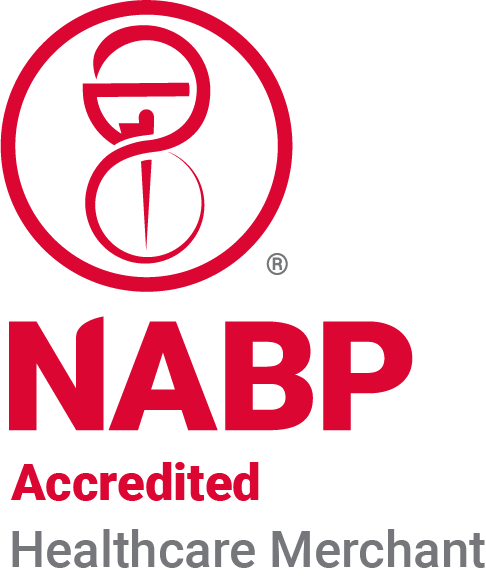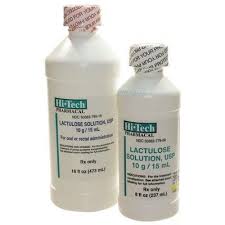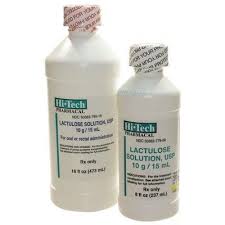Providing Quality & Trust || Clinic Website
Lactulose Solution
Actavis
Starting at $15.24
$15.24 Each
Detailed Description
Lactulose
(lak-tyoo-lows)
- Description: Ammonia Reducer; Laxative (Anti-Constipation)
- Other Names for this Medication: Cephulac®, Kristalose®, Generlac®, Constulose®, Enulose®
- Common Dosage Forms: Veterinary: None
Lactulose is a disaccharide (sugar) laxative and ammonia reducer, used to reduce blood ammonia levels during liver dysfunction. It can also be used to soften the stools and to treat constipation.
Lactulose is used to treat constipation and reduce ammonia blood levels in patients with liver disease. It can also be used as a stool softener to treat constipation in small animals. The FDA (U.S. Food & Drug Administration) has approved this drug for use in humans, butitis not officially approved for use in animals. The FDA allows veterinarians to prescribe products containing this drug in different species or for other conditions in certain situations. You and your veterinarian can discuss why this drug is the most appropriate choice
Its use in cats, dogs, birds, and reptiles to treat high ammonia levels or as a stool softener is ‘off label’ or ‘extra label’. Many drugs are commonly prescribed for off label use in veterinary medicine. In these instances, follow your veterinarian’s directions and cautions very carefully as their directions may be significantly different from those on the label.
How is lactulose given?
Lactulose is given by mouth in the form of a liquid syrup or crystal granules. It may be mixed with food, but ensure the entire dose is swallowed by your pet. Measure the liquid form carefully. Cats generally do not like the taste of this medication, contact your veterinarian if you have trouble administering it. Make sure your pet has access to plenty of clean drinking water at all times while using this medication.
This medication should take effect within 1 to 2 days, and improvements in clinical signs should follow.
What if I miss giving my pet the medication?
If you miss a dose, give it when you remember, but if it is close to the time for the next dose, skip the dose you missed and give it at the next scheduled time, and return to the regular dosing schedule. Never give your pet two doses at once or give extra doses.
Are there any potential side effects?
The most common side effects include diarrhea, bloating, gas, and abdominal cramping, and these signs usually resolve over time. At higher doses, side effects may include low blood potassium levels and/or high sodium blood levels.
This short-acting medication should stop working within 24 hours.
Are there any risk factors for this medication?
Lactulose should not be used in pets that are allergic to it or in pets with intestinal blockage/obstruction. It should be used cautiously in pets with diabetes or with fluid/electrolyte imbalances and in pets that are pregnant or lactating.
Are there any drug interactions I should be aware of?
The following medications should be used with caution when given with lactulose: antacids, laxatives, neomycin, gentamicin, or warfarin.
Be sure to tell your veterinarian about any medications (including vitamins, supplements, or herbal therapies) that your pet is taking.
Is there any monitoring that needs to be done with this medication?
When used longterm, blood electrolytes may be monitored. In diabetic patients, blood glucose levels should be monitored. Your veterinarian may monitor your pet to be sure that the medication is working.
How do I store lactulose?
Store at room temperature between 20°C and 25°C (68°F and 77°F), in a tight container, and protected from heat or light. Do not freeze.
What should I do in case of emergency?
If you suspect an overdose or an adverse reaction to the medication, call your veterinary office immediately. If they are not available, follow their directions in contacting an emergency facility.

Powered by nopCommerce
This site is running in live payment mode. Real payments will be processed.

